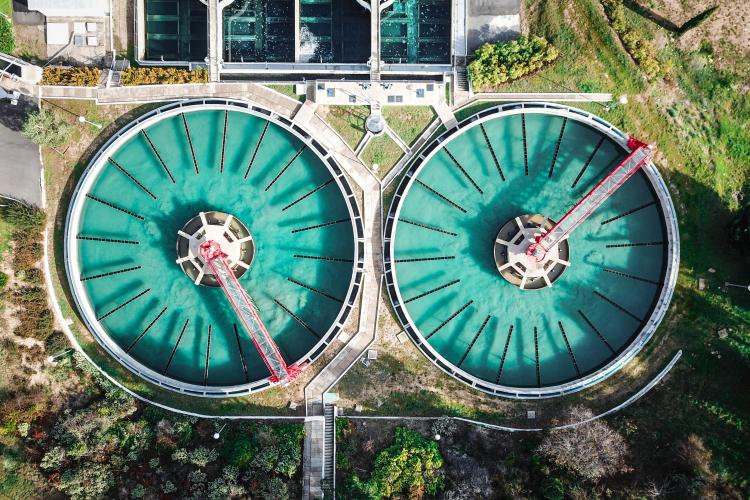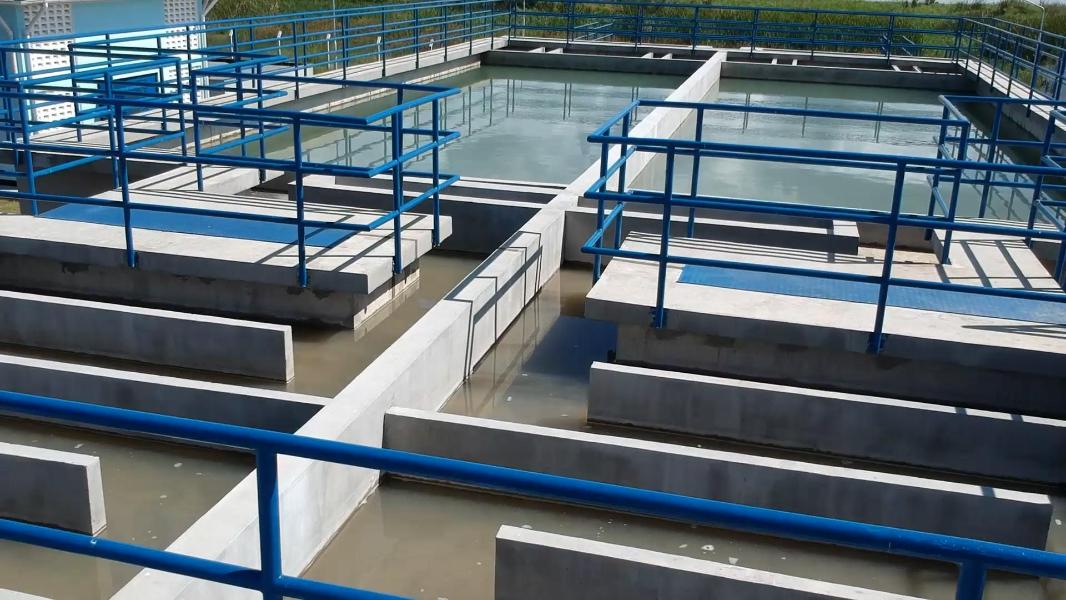About
The Mutual Resilience Initiative (MRI) is a joint initiative with the French Agency for Development (AFD) and Germany’s KfW Development Bank to enhance the effectiveness of development cooperation.
It allows the promoters of investment projects in EU partner countries, co-financed by the three development institutions, to benefit from a larger project finance capacity and a simplified partnership with the financiers through a framework optimising the synergy between the three institutions.
How MRI works
The EIB, KfW and AFD are all significant players in the EU external action, but they work under different regulations, statutes and legal and governance structures.
Under this initiative, the three institutions share most of the tasks during the project cycle, from appraisal to preparing lending decisions and implementation, in their capacity as lead financier.
The institution that has particular expertise in a given economic sector or has a significant presence in the project country, acts as the lead financier, working in close cooperation with the other two institutions, to maximise the benefits for each given investment project.
Objectives
MRI aims to support and increase the impact, efficiency and visibility of EU external policies on the below areas:
- economic growth
- employment
- poverty alleviation
- climate action
- regional integration
Geographic scope
MRI covers investment projects co-financed with the AFD and the KfW in the below regions:
Examples of supported projects

The increase of Tunisia’s population, combined with the rise of tourism, industrial and commercial development in the country result in stronger water demand. The EIB - Agence Française de Développement (AFD) project is part of a national strategy of adaptation to climate change. The population concerned by the project is estimated at about 2.78 million inhabitants today with projections to reach 3.2 million inhabitants by 2030.
The project, implemented by the national drinking water utility “Société nationale d’exploitation et de distribution des eaux” (SONEDE), consists of the construction of a raw water pumping station, the laying of raw water pipelines, a drinking water treatment plant in Béjaoua including a discharge pipe for the treated water to the Greater Tunis and the new financial harbour, including storage works.
The cost of the project is estimated at €79 million, with the EIB contributing €38 million loan in equal co-financing with the AFD and the Tunisian State contributing €3 million. The operation is implemented under MRI with the EIB acting as lead financier.
Detailed financing plan:
- National contribution: €3 million
- AFD: €38 million
- EIB: €38 million

The increasing water scarcity in Morocco is aggravated by a growing population and expanding economic activity, while the country’s access to improved sanitation remains challenging. As a continuation of the first national sanitation programme, the second phase aims to improve the availability, quality, reliability and efficiency of sanitation services on a nationwide basis, while strengthening the promoter’s management capacities. 310 000 people are expected to benefit from improved sanitation services, thanks to this project.
The project concerns the installation, rehabilitation and extension of wastewater collection networks and the construction of wastewater treatment plants (WWTPs) by the Office National de l'Eau et de l'Electricité (ONEE), the national water and electricity utility, in a number of small and medium-sized towns throughout the Kingdom of Morocco. It will also include the provision of technical assistance to support the coordination of the programme, the supervision of the works, communication and awareness raising activities, the training and capacity building of ONEE as well as a number of sector support measures. The total project cost is €176 million and the project is co-financed by AFD, acting as lead finance institution, KfW and the EU-Neighbourhood Investment Facility (NIF).
Detailed financing plan:
- National contribution: €80 million
- EIB: €34 million
- AFD: €34 million
- KfW: €20 million
- European Commission (Neighbourhood Investment Facility): €8 million

The project entails the rehabilitation and construction of water supply and wastewater systems in Kisumu and surrounding areas. The project is the third operation within the framework of the LVWATSAN initiative. Two previous water and sanitation projects were signed under MRI with EIB financing in 2011 under MRI with the KfW and the AfD, leading financier, in Kampala, Uganda, and in 2013 with the AfD in Mwanza, Tanzania, with the EIB in the lead.
The EU-Africa Infrastructure Trust Fund (AITF) grants are used for capacity building and training support to the Kisumu Water and Sanitation Company and the County Government of Kisumu. The part of the project will promote greater sector sustainability, for example the detection and repair of pipe leakages, and improved investment planning capacities.
The project will provide approximately 500 000 people with access to clean water. This will result in reduced cost and waste of productive time spent to access water, improved hygiene standards, and decreased incidence of waterborne diseases and related treatment costs.
The project’s total cost is €70 million. The AfD is the lead financial institution, while the EIB leads on environmental and social safeguarding.
Detailed financing plan:
- EIB: €35 million
- AfD: €20 million
- Government of Kenya: €10 million
- European Commission (through AITF): €5 million
How to get support
Contact the EIB Information Desk for enquiries regarding the financing facilities, activity, organisation and objectives of the EIB.
EIB Global

What is blending?
Blending involves the strategic use of a limited amount of grant resources to catalyse additional financing for development projects. Grants are often combined with loans, equity, beneficiary resources or other forms of financing, with the aim of de-risking projects and making them bankable. Blending allows partners to get the most out of their grant resources and enhance their overall development impact.
